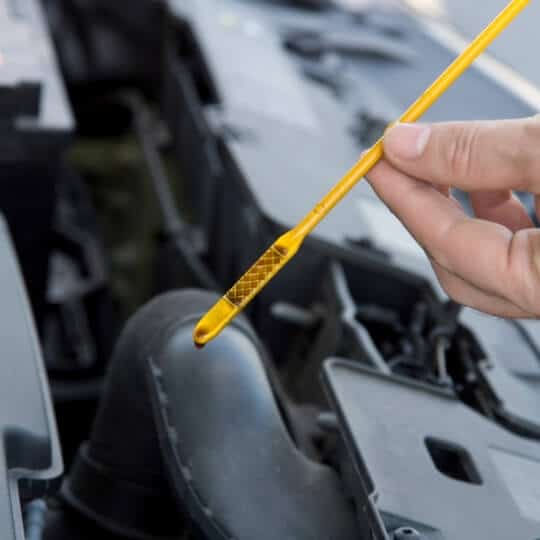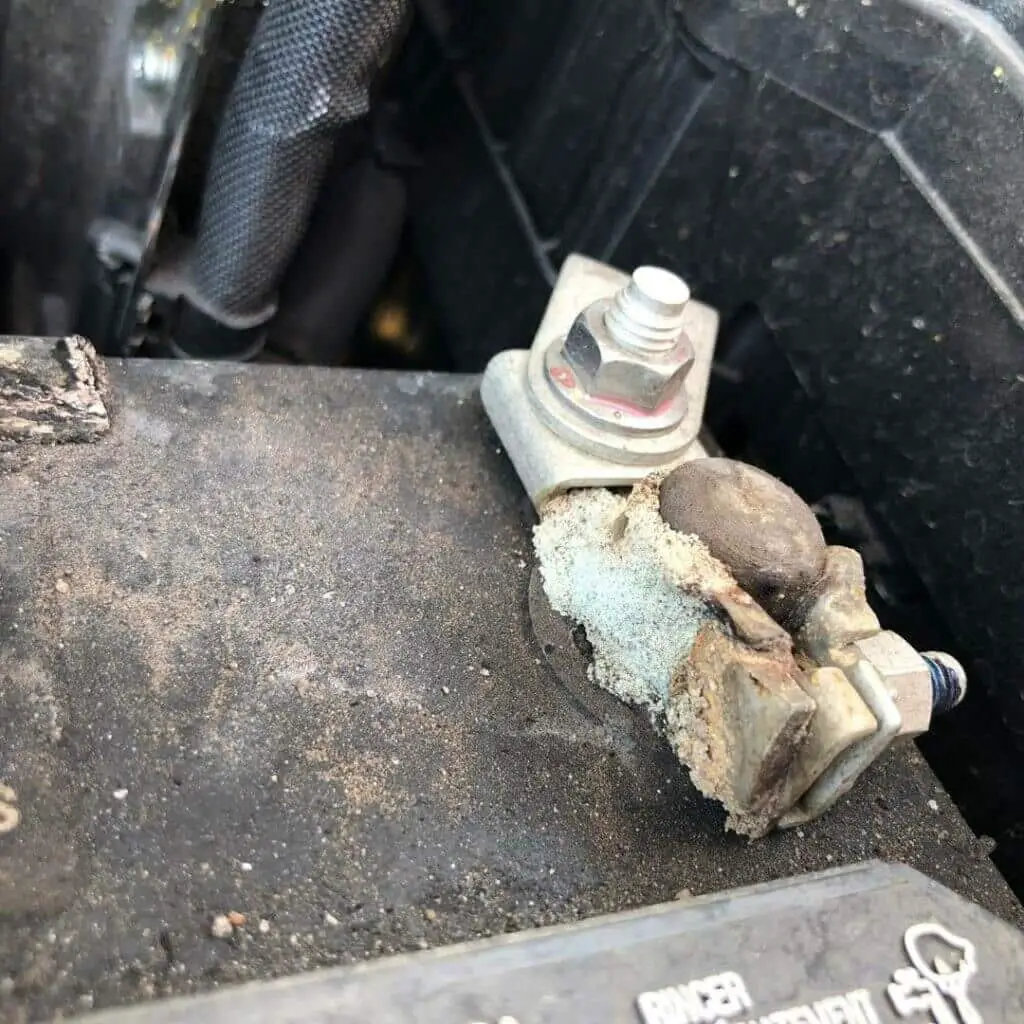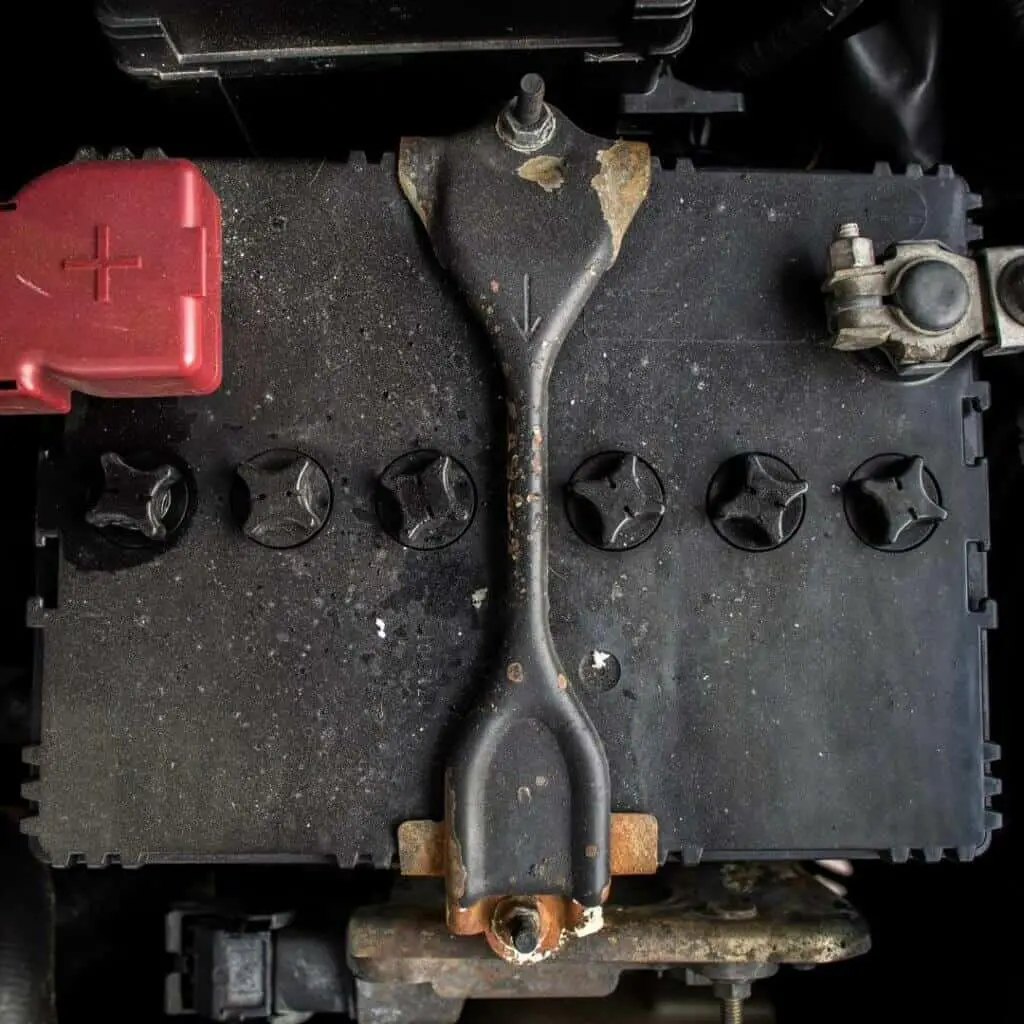Can a weak alternator cause poor engine performance? Let’s find out.
Many components are required to keep a car’s engine and systems working. One of the most significant components of an automobile is the electrical system. It’s essential for the efficient operation of numerous electrical equipment and the engine’s smooth running.
The alternator is an important component of the electronic circuit, and its failure can cause the car to stop running.
It works in tandem with the car battery to supply electrical energy to numerous features and systems, such as the headlamps, windshield wipers, heating, and air conditioning system.
It’s critical to get alternator maintenance as soon as possible if your alternator starts to fail. In this way, you will prevent even bigger issues that may occur on your engine. [1]
Can a Weak Alternator Cause Poor Engine Performance?
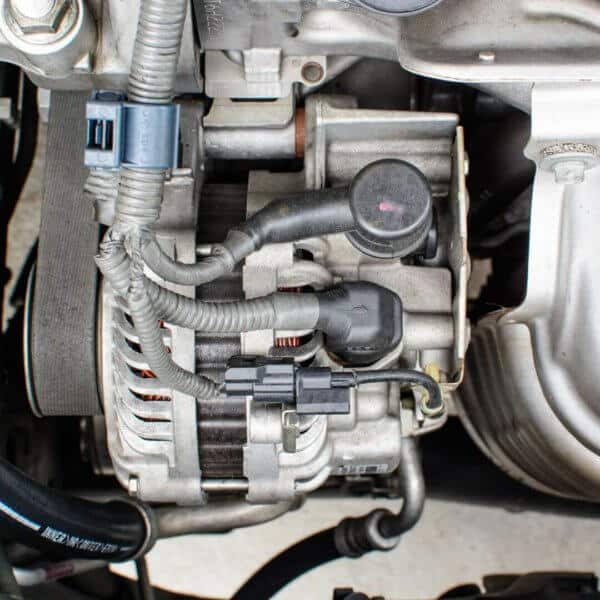
If you are wondering if a weak alternator can cause poor engine performance, the answer is yes.
The alternator’s main job is to assist you in charging your battery. Aside from that, an alternator operates by generating sufficient electrical energy to power your vehicle’s various systems. The functioning of a car alternator can always have an impact on the vehicle’s total power. The output power will be lowered if the alternator fails.
Also, keep in mind that the greater the horsepower, the faster your car will go. As a result of the reduced horsepower going to your automobile as a result of a bad alternator, your car’s speed will most certainly be decreased. On the other hand, your car engine will gain more horsepower with a high-performance and high-amp alternator.
Can a bad alternator cause low voltage?
The alternator provides helps in the powering of your vehicle’s numerous electrical components as well as the charging of your battery when it is in operation. Failure of your alternator can cause a range of electrical issues in your car, which can finally lead to a failure. [2]
Suppose your vehicle’s battery runs short on voltage due to a defective alternator.
In that case, the computer may not accurately switch the transmission gears, leading to other driving problems such as halting or surging, as well as rough shifting. The engine and powertrain may potentially go into failure mode, causing a slew of driving-related issues.
Modern automobiles require a steady electrical current at a specified voltage level to work properly. Unfortunately, these systems can fail due to a failed alternator, causing a decline in electrical power and a badly performing engine.
Related: Bad Alternator vs Bad Battery
Common signs that your ignition system isn’t working properly:
- Rough idling
- Misfires
- Poor acceleration
- Hesitancy
- Stalling
Since there are no headlamps, the spark plug and the vehicle’s computer will be the only things drawing power from the battery. If your car was built in the 1960s or earlier, you might be able to drive up to 50 kilometers on a single charge of the battery.
Regarding short-distance driving, a faulty alternator will certainly result in low voltage. When an alternator does not provide enough charge, it burdens the engine as it tries to charge a battery ineffectively. The alternator will inevitably collapse, and the battery will die as it becomes weaker and weaker.
Related: Jumpstarting Car With Bad Alternator
What problems does a faulty alternator cause?
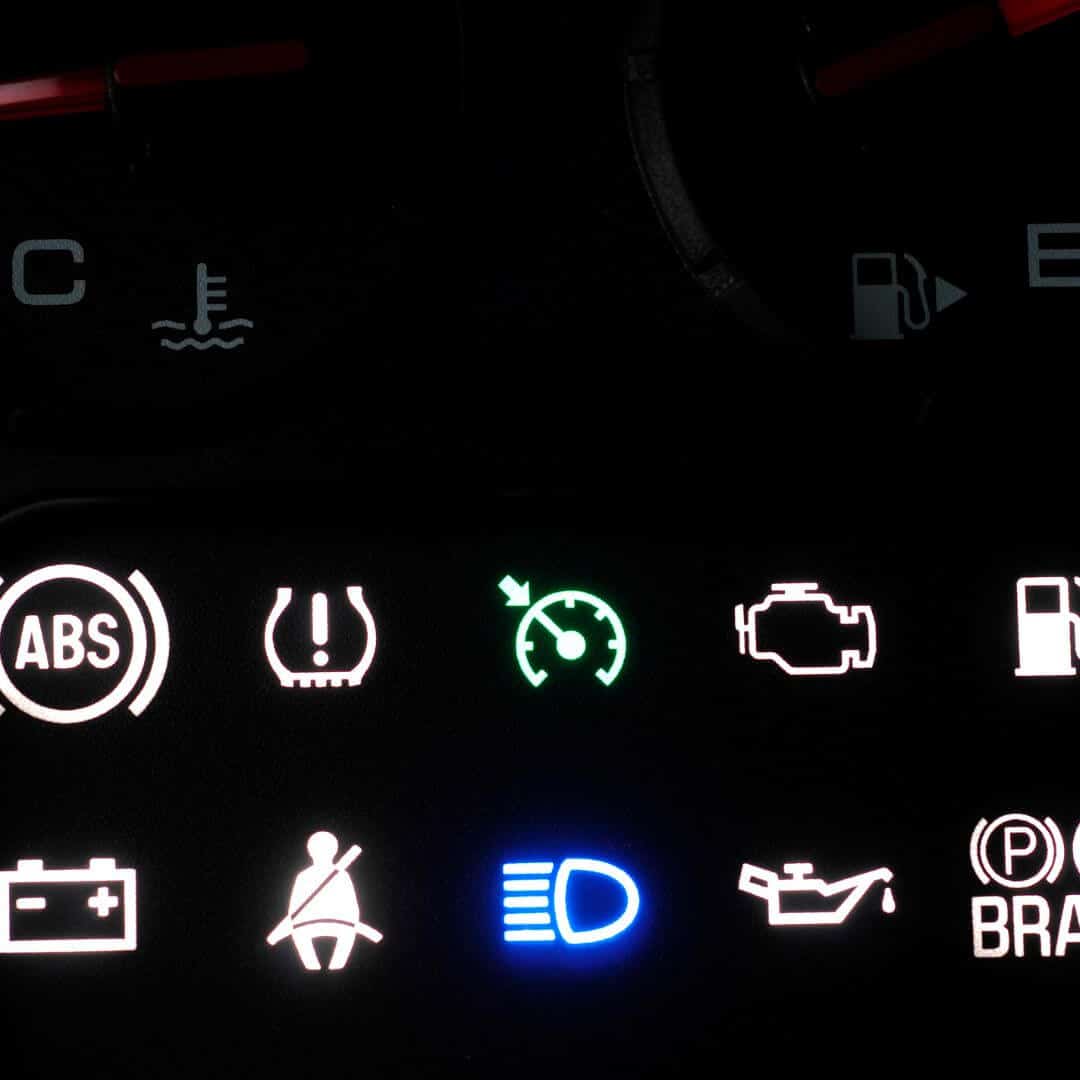
- Unreliable Engine performance
In order to function effectively, modern automobiles require a constant electrical current of a specified voltage. The alternator provides power to the engine’s ignition system, computer, fuel system, and emissions system, all of which rely on it to function properly [3].
These systems can malfunction due to drops in electrical power caused by a failed alternator, resulting in a badly running engine. Rough idle, misfires, weak acceleration, hesitancy, and stalling are all symptoms.
- Electronic Issues
Because alternators are important for generating electrical energy for your vehicle, it’s only natural that when the alternator fails, the numerous electronic components and features begin to suffer. Your electronics may exhibit various problems, such as a stuttering sunroof or ports that charge slowly [4].
To work properly, electronic clocks, tape players, electric windows, power seats, and other electrical devices in a car require a constant source of electrical current.
As a result, windows will open and close slowly, clocks will slow down or lose their settings, and power seats will operate slowly if the alternator fails.
- Dim Headlights
Another important component that relies on the alternator to run at full capacity is the headlights. Dimming or fluctuating headlights are one of the first signs that an alternator is malfunctioning, indicating that the alternator is not producing sufficient electricity to run the car’s electrical system.
The headlamps will brighten and dim with the increase, or decrease of the engine speed as the current output of a weakening alternator rises and falls. Regardless of engine speed, a functioning alternator will keep the headlights on. Headlight problems can greatly increase your chances of being involved in a car accident, so it’s critical to get the car fixed as quickly as possible. [5]
- Smells and Sounds
Alternator flaws can also be detected using your keen sense of smell and hearing. When the alternator starts to fail, many drivers describe smelling burning rubber or chemicals, which could be triggered by burnt wires or overheated alternator belts.
You may also notice unusual sounds from under the hood while driving, in addition to these terrible odors .
There are various significant moving parts in alternators. Bearings are crucial to the alternator’s efficient operation. Squealing, howling, or grinding noises from the alternator are signs of bearing failure, which can lead to the complete alternator unit failing.
- Warning Lights
Many automobiles also have dashboard warning lights to swiftly and conveniently notify you if the vehicle senses an issue. For example, a lamp with the letters “ALT” usually indicates a problem with the alternator. A battery-shaped or the “Check Engine” light might also show alternator difficulties, so don’t dismiss or disregard any warning lights.
- A Dead Battery
Your alternator won’t be able to charge the battery if it isn’t working properly. This means that the battery’s power levels will gradually decline, and the battery will finally expire, rendering your automobile useless.
This could simply be a normal occurrence, as all batteries ultimately die, but if it occurs abruptly on a very new or healthy battery, the alternator could be to blame.
Related: Battery Charge Fault Stop The Vehicle
The most common cause of alternator failure
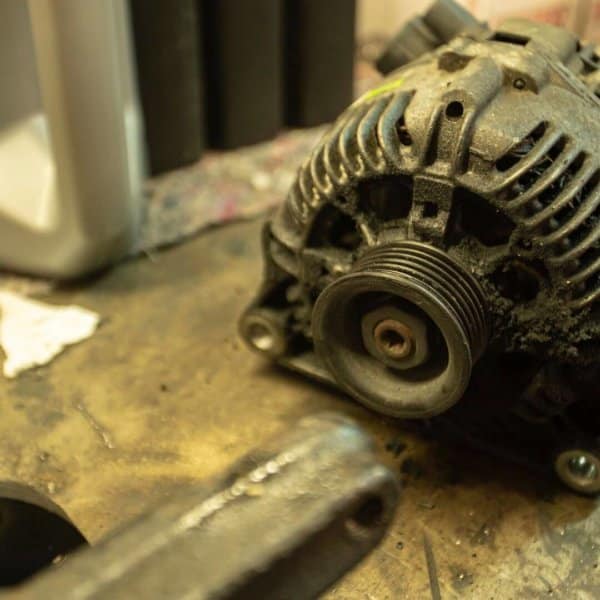
The alternator has outlived its years
This one is self-evident. A replacement alternator should last between 5 and 8 years on average. If you’ve had electrical problems for so long, your alternator may just be worn out and has to be replaced.
If you suspect your battery, keep in mind that batteries typically last between 2 and 5 years. In hotter environments, the battery power may be depleted faster; therefore, your battery life may be reduced to two years. The alternator, on the other hand, should be unaffected by the temperature.
Onboard Computer issues
Computer systems, like the ECU are now standard in newer automobiles. These systems manage almost every component of the car, including the alternator. Even if the alternator is in good condition, a fault or error with the computer unit could prevent it from charging properly.[6]
There’s a good chance that a computer problem would also cause additional problems. So that’s how you’d know that was the root of the problem.
Wiring Problems
The alternator is powered by a network of wires throughout the car. If one of these wires becomes broken or worn out, the alternator may fail to function properly, resulting in the battery not being charged.
If none of the other issues on this list are present in your car, inspect the alternator’s wiring since this could cause the failure.
Bad Fuse
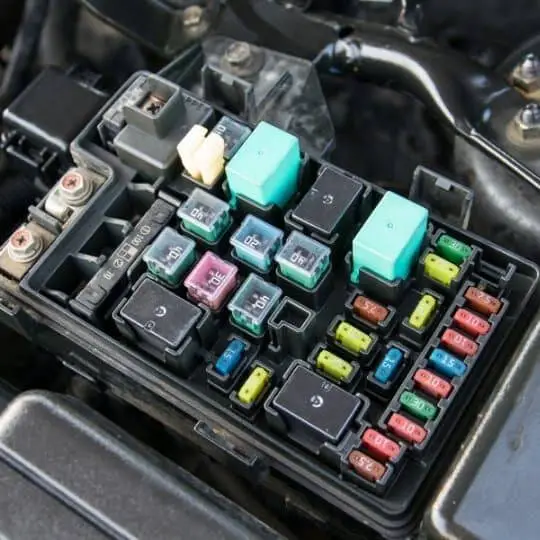
Fuse boxes are used in vehicles to ensure the alternator keeps running. After a while, or if there is a power surge, these fuses will burn out. The alternator might fail under these situations, and the battery will not charge.
If your alternator fails, check the owner’s manual to verify where the dynamo fuse is located in your vehicle and whether it is blown. You can simple test it with voltage tester.
Broken Pulley or Broken Belt
Alternators generate electrical energy for a vehicle by using the mechanical energy of a belt and pulley. The issue is that the dynamo belt and pulleys are not sturdy, allowing them to break easily.
Pulleys normally survive for long before being damaged due to wear and tear. However, belts are flimsier and, given enough time, will begin to crack and even snap. If one of these situations happened, no mechanical electricity would be produced for the alternator to transform.
Read Also: Check Charging System Toyota Camry
Bottom Line
In order to function effectively, modern automobiles require a constant electrical current of a specified voltage. The alternator provides power to the engine’s ignition system, computer, fuel system, and emissions system, all of which rely on it to function properly.
These systems can malfunction due to drops in electrical power caused by a failed alternator, resulting in a badly running engine. Rough idle, misfires, weak acceleration, hesitancy, and stalling are all symptoms.
Read Also: EPC Light Car Shaking

